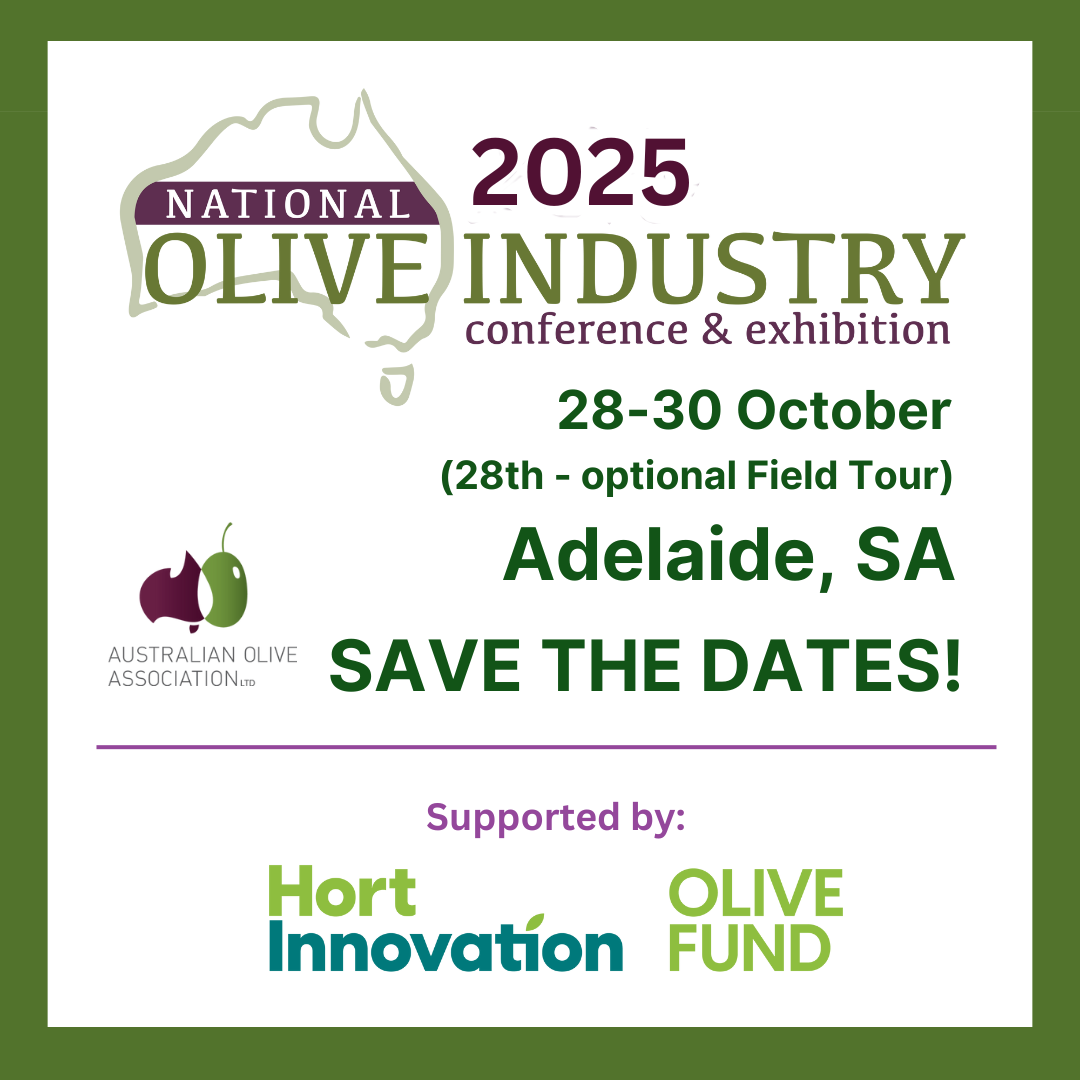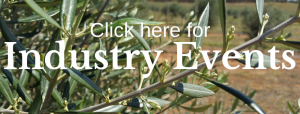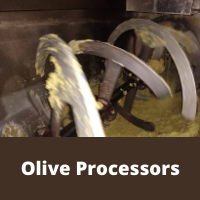
Associate Professor Robert Spooner-Hart
A new three-year research project is underway to equip growers, of any business size, with a stronger understanding of the three major olive pests and diseases and the skillset to sustainably manage them.
Led by Associate Professor Robert Spooner-Hart from Western Sydney University (WSU), the project An integrated pest and disease management (IPDM) extension program for the olive industry (OL17001) will provide growers and the supply chain with appropriate IPDM extension services focused on Black Scale, Olive Lace Bug and Anthracnose.
A strategic investment under the Hort Innovation Olive Fund, the project brings together a national network of recognised researchers in olive IPDM from the Australian Olive Association (AOA), Department of Primary Industries (DPI) and state olive associations to address the difficulties many small growers face in managing their pests and disease problems.
IPDM extension services to be developed and implemented through the program include:
- Nine one-day workshops across olive-growing states
- Online tutorials and self-assessment accessible to all levy payers
- Three masterclasses for industry consultants or pest scouts
- Informative flyers on IPDM for industry use
- Hard copy and electronic information, including a revised Pest and Disease Field Guide and new best practice IPDM manual to be developed by the project team.
Professor Spooner-Hart brings more than 40 years of IPDM research experience to the project, and believes the first step in combatting these pests and diseases is to identify knowledge gaps to guide the direction of the project outputs.
“It’s important to understand the practices and attitudes Australian olive growers have in regard to IPDM to help inform the development of extension material on both a national and regional level,” Professor Spooner-Hart said.
“An initial online survey of olive growers will help us gather insight into current management strategies being used by conventional and organic growers as well as their preferred methods of accessing information on pests and disease.
“We will also collate and analyse existing Australian and international literature on olive IPDM, as well as findings from past levy-funded research done in this space.”
The online survey will be circulated via AOA, and growers are encouraged to participate and have their say on IPDM and pest and disease information preferences.
The project commenced in October 2017 and is scheduled for completion in 2020. More information on the extension materials will be provided as the project develops.
Key issues being addressed through the project include:
- Understanding the importance of timing for chemical or biological interventions for effective, economic pest and disease management
- Ability to identify the key pests/diseases, their symptoms, especially at an early stage, as well as any natural enemies
- Better understanding of the life cycles of the three key pests/diseases and the factors conducive to infestations, including weather, plant health and grove management practices, to enable better decision making.
For more information contact Professor Spooner-Hart on r.spooner-hart@westernsydney.edu.au or 0414 953 129.
This project has been funded by Hort Innovation, using the olive research and development levy and contributions from the Australian Government. Hort Innovation is the growerowned, not-for-profit research and development corporation for Australian horticulture.



